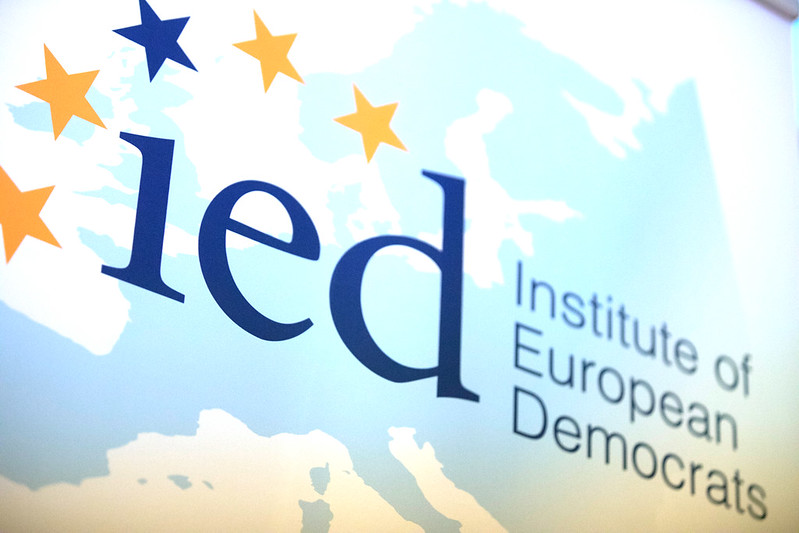Globalisation versus National Cultural Heritage?
IED Conference
Liberec, Czech Republic, 21 September 2012
26.09.2012
Last conference organized on the 21st of September 2012 by the Institute of European Democrats, in collaboration with the Czech Strana Pro Otevřenou Společnost, was the occasion to tackle the disputed and debated topic of Globalisation from a peculiar perspective. In Liberec, the IED conference offered the participants an opportunity to engage in a debate addressing the implications and fallouts of economic Globalisation on the preservation and promotion of European local and national cultural heritage. Through the confrontation of diverse demands and different points of views (local, regional, national and European), the discussion developed into a fruitful reflection on the most effective and adequate European answers to face the challenge of Globalisation. Several issues were addressed in the debate: the application of the principle of subsidiarity; the need of a multilevel governance for culture; the strategic place of culture in the economic crisis; the two-fold value of cultural heritage as an economic resource for the future and as an historical richness from the past, just to mention a few. Lastly, the event served also the purpose of disseminating both national best practices and information about the EU role in the preservation and promotion of cultural heritage.
"The Union shall contribute to the flowering of the cultures of the Member States, while respecting their national and regional diversity and at the same time bringing the common cultural heritage to the fore".
(Treaty on the Functioning of the European Union, article 167)
Together in Europe we must tackle many issues and manage a lot of challenges. The current financial and economic crisis, the climate change, the demographic imbalance, the rise of religious intolerance. But one of the main challenges for the European Union is globalization. Globalization is stimulating for our companies, for the research sector. At the end it may be positive at the economic level in the framework of a fair trade system. But in order to retain some influence on the future of the world, European nations have to develop and reinforce their cooperation.
Each state-member is too weak alone to have much influence on worldwide policy, even former colonizing countries like Britain, France, Germany, Italy or Spain. Reinforcing the links and solidarity between us is one of the main aims of the IED, the EDP and of my parliamentary group at the European Parliament, the ALDE Group. "The union makes force". However the very useful reinforcement of the EU must respect our diversity: we have to meet with the own motto of Europe. "Unity in diversity".
In a constantly evolving world it is crucial to prevent any kind of cultural levelling or decline. Globalization is not the only phenomenon which threatens our cultural heritage. During the 20th century, it is considered that nearly 50% of Europe's tangible cultural heritage was lost because of the Europeans themselves and the combined impact of wars, pollution, urbanization, excessive tourism, negligence and inappropriate restoration measures. But now the Europe of Culture has to take up another challenge, Globalization. The roots of the old continent, the different origins of the people, Greek, Latin, Celtic, Slavic, Germanic, Bask, must be preserved. TV, cinema, internet and books are the tools of communication which influence and too often deform opinions and mentalities. Europe is the place where rationality was born thanks to the Greek philosophers then Erasmus, Spinoza or Descartes. It remains a place of remarkable cultural production and scientific innovation.
However, too often, nowadays, Europe is overtaken by American and Asian partners as regards the broadcast of culture through the modern medias. Only a common effort at the European level could curb external influences based on unique market logics.
The EU has a response to this issue.
(Extract from the speech of François Pauli, Deputy Secretary General of the ALDE Group – European Parliament; Member of the Board of Directors, Institute of European Democrats)


